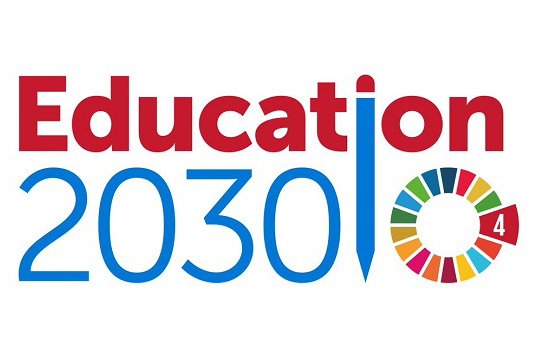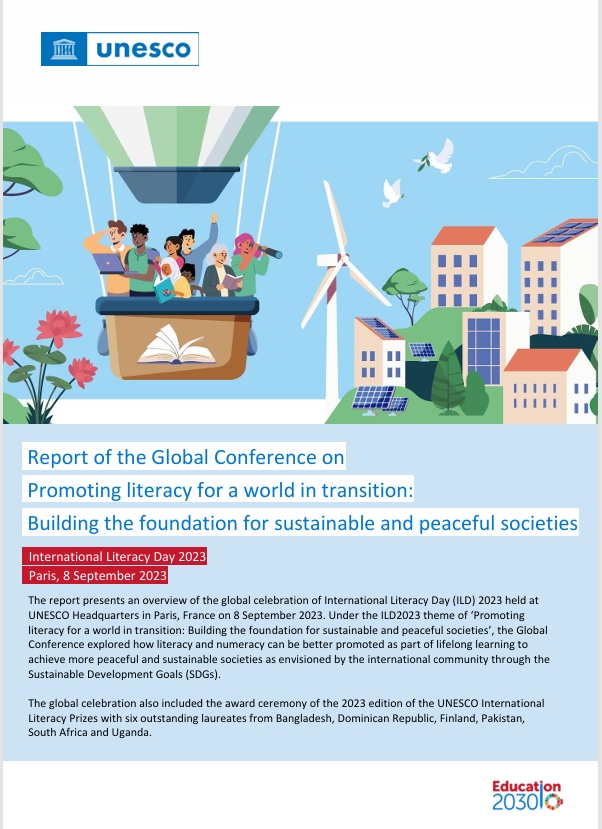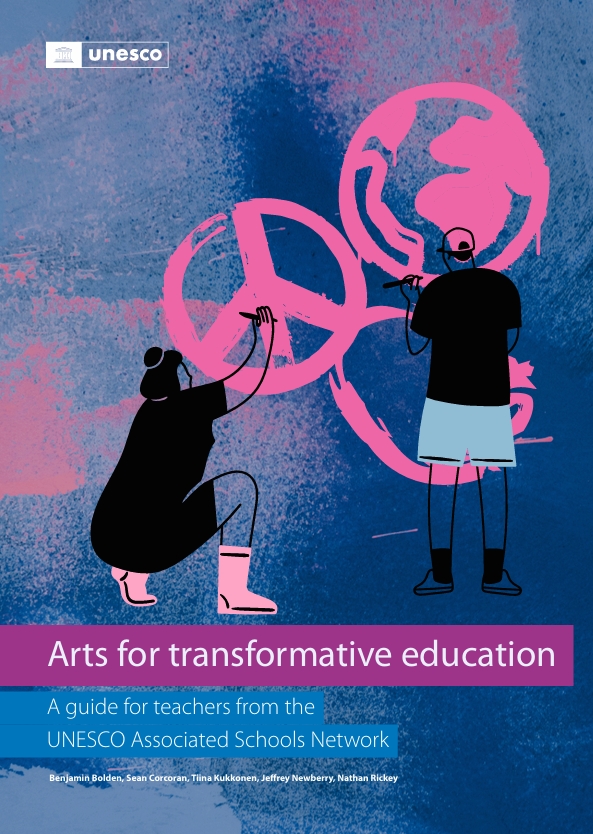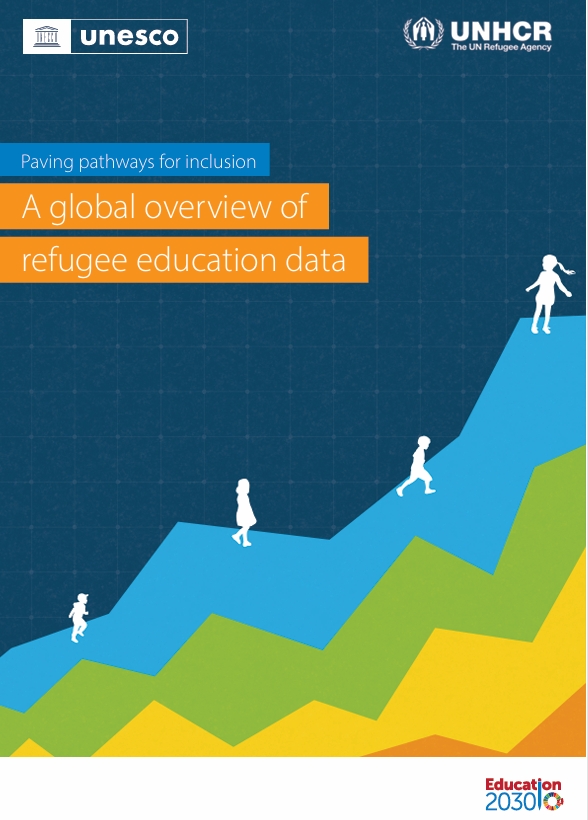By: Manzoor Ahmed, Daily Star Bangladesh, April 04, 2018

No coordinated plan for school education or even a mechanism for preparing one exists. Photo: Star
Children who are in grade one today will be in grade twelve, the final year of high school, in 2030. The Sustainable Development Goal number 4 (SDG4 out of 17 global SDGs) is to ensure inclusive and equitable quality education and promote lifelong learning for all by 2030. Where do we stand in reaching the education goals to which Bangladesh is committed?
In two meetings held in the city recently, policymakers, academics and others discussed SDG4. The Minister of Education Nurul Islam Nahid; Minister of Primary and Mass Education Mostafizur Rahman; Chief Coordinator for SDG Affairs at the Prime Minister’s Office Abul Kalam Azad; and Secretary of Ministry of Education Md Sohrab Hossain, among others, spoke in the meetings about education responses to SDG 2030 at the Institute of Education and Research, Dhaka University on March 31 and April 1.
A workshop was organised by the two ministries of education, UNESCO and Campaign for Popular Education on April 1. Officials from the two ministries, academics, NGOs and aid agencies talked about developing a strategic framework and action plan for SDG4.
The good news is that key people are discussing issues, strategies and action plans. The concern, however, is that this discussion is happening when we are already in the third year of a 15-year time horizon. And, even now, are the right issues and questions being raised?
SDG4 has seven targets about what is to be done and three means of achieving the targets. The first target requires that all children complete free, inclusive, quality primary and secondary education by 2030. Target 2 is about providing early childhood development services and pre-primary education for all children.
Targets 3, 4, 5 and 6 are about skills for work, eliminating illiteracy and expanding lifelong learning. Cross-cutting issues of gender, inequality and inclusion are built into the targets. Target 7 is about the purposes of education—the whys rather than only whats and hows of education.
The discussion at the two meetings brought out the fact that serious structural and operational obstacles still remain to be recognised. The right questions need to be asked, actions and priorities decided, and implementation steps are to be taken with strong political support.
Take target one—completion of free, good quality primary and secondary education by all children. Will all of grade 1 children today complete quality secondary education in 12 years? This question is not even being asked. The focus is still on grade 5 universal primary education.
What happens after grade 5 up to grade 8 is hamstrung by the responsibility for school education being divided into the turf of two ministries, unlike anywhere else. No coordinated plan for school education or even a mechanism for preparing one exists. We cannot be a real middle-income country if a large proportion of young people are without a high school education.
It is now well-recognised that early growth and development of children is critical for their intellectual, social and emotional development and later success in education and life, which is the domain of target 2. A one-year pre-primary education starting at age 5 is being implemented, though it has serious quality deficiencies.
A comprehensive early childhood development policy has been adopted in 2013 by the government which tasks the Ministry of Women and Children Affairs (MOWCA) to guide and coordinate action in this area. But the issue falls between stools because education authorities do not see children younger than 5 as their remit and MOWCA is not equipped and without the clout to give the lead. A symptom of the problem is that MOWCA has not even been present in the meetings.
That the profile of jobs and skills required for them will be very different by 2030; that there is huge unemployment and underemployment among the youth; and that technical and vocational education and training (TVET) must be strengthened needs to be figured in the discussion. But the strategy seems to be expanding TVET, and raising the proportion of secondary students, including madrasa students, in TVET.
All evidence suggests that expanding the programmes we have now will not prepare the students to be productive and capable workers that the market demands. So, a mere expansion of the current programme cannot be the answer. Moreover, the current programmes do not even begin to serve the needs of workers in the informal economy, for which no coherent strategy and plan for skill development exist, but which absorbs over 80 percent of workers.
All agree that the competencies students acquire, i.e., the quality of education, constitute the most serious and complex challenge. There is also a general agreement that the skills, capability and dedication of teachers are central to quality improvement.
The strategy so far is confined to more training for teachers. It bypasses the need for new, out-of-box thinking about attracting and retaining “the best and the brightest” in the teaching profession and creating the conditions for teachers to perform at their best.
There are conflicting narratives about resources and budgets for education even from officials. Under two percent of GDP and 10-to-12 percent of national budget for education, and per student school-level annual public spending of around USD 100, are all extremely low even compared to other developing countries. But a senior official said that funding is not a problem, because Tk 1,200 crores for primary education remained unspent in 2017.
There is clearly a problem of planning, priorities for allocations, and the capacity and management of spending. Teaching staff is the largest item of cost in education adding up to over 80 percent of the operating budget of education. We need to double the number of teachers in a short time and have more capable and committed teachers, as noted above. Infrastructure, despite improvement, remains woefully inadequate. We need to make school a place of pride in every locality and community.
Serious decentralised planning and management with accountability along with rethinking of priorities for spending will lead to better spending and better outcome. The MPO (monthly pay order) mechanism for government assistance to schools has become riddled with corruption and inefficiency. A performance-based approach has to be tried out. These are questions still to be asked and their answers must be found.
The assumptions, targets and implementation mechanisms of subsector plans now in the works for primary, secondary and non-formal education remain largely confined to present structures and patterns of planning and management. The system remains trapped in current ineffective habits and practices. Formulation of SDG4 strategy and plan, even at this late date, is an opportunity to ask the right questions and act accordingly.
Manzoor Ahmed is professor emeritus at BRAC University.






